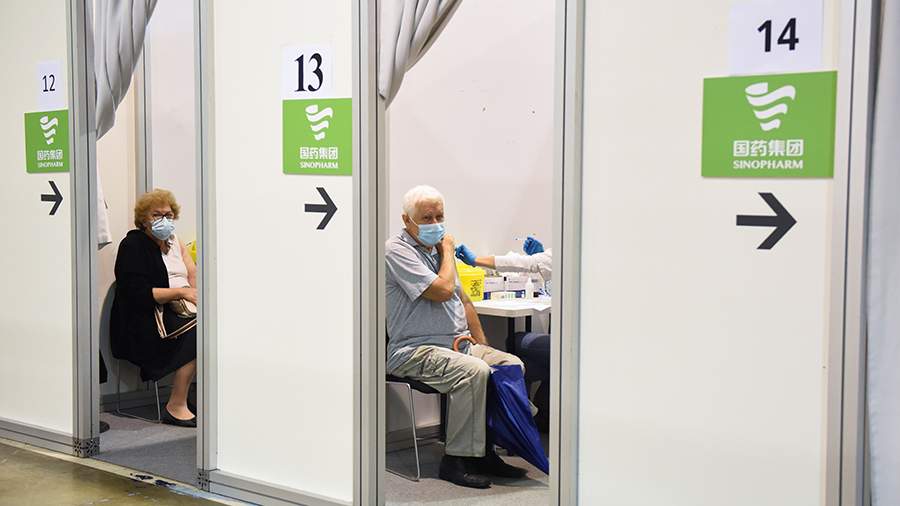The European Commission said on August 31 that 70% of the European Union's adult population had been fully vaccinated against COVID-19, hitting a target it set at the beginning of the year.
Reuters says the announcement marks a milestone in the EU vaccination strategy after a slow start, but it also masks big differences among EU countries, with some nations exceeding the 70% goal, while others in the poorer eastern region of the bloc are far behind.
"70% of adults in EU are fully vaccinated. I want to thank the many people making this great achievement possible," the President of the European Commission Ursula von der Leyen said on Twitter.
In January, the Commission said that "by summer 2021, member states should have vaccinated a minimum of 70% of the adult population."
This was interpreted as meaning that each of the 27 EU member states should hit that target by September. Many, fearing they could not, criticized the Commission in internal meetings, documents seen by Reuters showed.
The global fight against the coronavirus pandemic is now dominated by the battle against the Delta variant, a more contagious version of the Covid-19 coronavirus.
The World Health Organization fears that the pandemic could kill an additional 236,000 people in Europe by December 1 and has expressed concern about the stagnating pace of vaccinations on the continent.
According to France 24, Brussels has stressed the need for the EU to reduce the “worrying gap” in vaccination rates between member states and urged national authorities to be ready for the injection of a new dose to boost immunity if scientific data confirm the need for it.
France 24 says the rate of fully vaccinated adults is about 20 percent in Bulgaria, 32.8 percent in Romania, 49 percent in Slovakia and 58.1 percent in Poland.
France 24 added that according to data from the European Centre for Disease Prevention and Control (ECDC), 72.5 percent in France, 70.6 percent in Germany, 76.7 percent in Spain, and 85.5 percent in Ireland.




